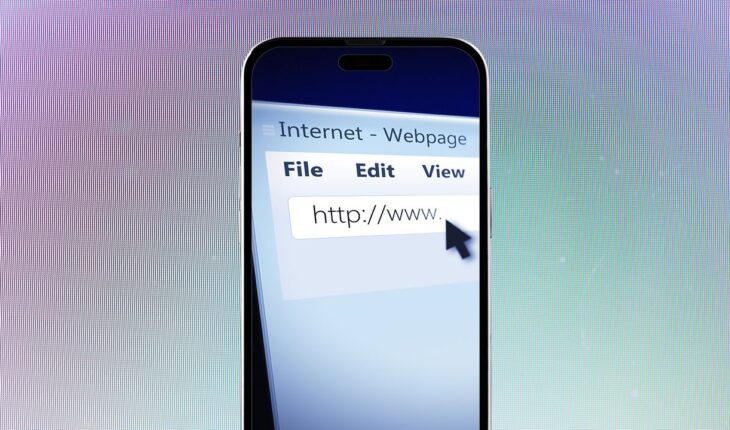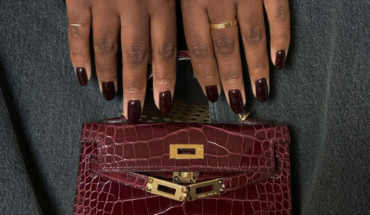Searches on 19 November for two specific websites known for hosting deepfake ‘porn’, including one that has blocked access in the UK but is visible with a VPN, surfaced the sites – boasting AI celebrity porn and nudes – at the top of all the search engines’ listings.
For searches for deepfake porn more generally, all three platforms showed news reports on the phenomenon, its threat and consequences for victims, illustrating moves to take action against the issue at the tech companies since attention to the problem hit the mainstream with high-profile cases, such as Taylor Swift.
However, sites purportedly showing celebrity deepfake porn also showed on pages two, three and six of Google searches for “deepfake porn” on 19 November.
Read More
Cally Jane Beech: ‘Image-based abuse is a pandemic against women and girls’
Campaigner and influencer Cally Jane Beech is being honoured as GLAMOUR’S Activist of the Year at our annual Women of the Year Awards for courageously taking a stand against digitally altered, sexually explicit ‘deepfakes’ of women and girls. Here, she speaks to GLAMOUR about her experience of deepfake abuse, how motherhood influences her activism, and why she’s calling on the government to protect all survivors of image-based abuse.
Searches for creating deepfakes also showed tools and guides for making them on all three platforms, including 12 free “deepfake porn maker” tools on one link alone.
Some deepfake software requires computing knowledge and processing power, taking weeks or even months to master. And of course, not all deepfakes are explicit, non-consensual or unlawful. But the search engines make how-to guides for all deepfakes more accessible.
Search engines promoting access to the tools play a “crucial role” in facilitating deepfake abuse creation and its audiences, said Elena Michael, co-founder of NotYourPorn, which campaigns against online image-based sexual abuse along with survivors.
“Nobody stands a chance in stamping out deepfakes when there are hundreds of listings,” said Michael of the many tools and guides to make and view deepfakes, sites recommending the tech and forums discussing deepfake abuse. “These listings are accessible to anyone and everyone,” she added.
Recent comments by technology secretary Peter Kyle that tech giants including Google and Microsoft should be treated like nation states fall short of pushing for accountability of platforms, Michael added.
The messaging to survivors and to women is that a company’s right – search engines included – to make money are more important than your right to exist freely and safely both offline and online.
“The messaging to survivors and to women is that a company’s right (search engines included) to make money is more important than your right to exist freely and safely both offline and online.”
A government spokesperson said: “Under the Online Safety Act, it is already an offence to share or threaten to share intimate images, including deepfakes, without consent. Earlier this month we strengthened the Act to make it clear that platforms will have to prioritise tackling deepfake intimate image abuse, proactively remove more of this material, and stop it from appearing in the first place.
“We are committed to strengthening the safety of women and girls on and offline which is why we are determined to deliver on the manifesto commitment to ban their creation as quickly as possible.”






